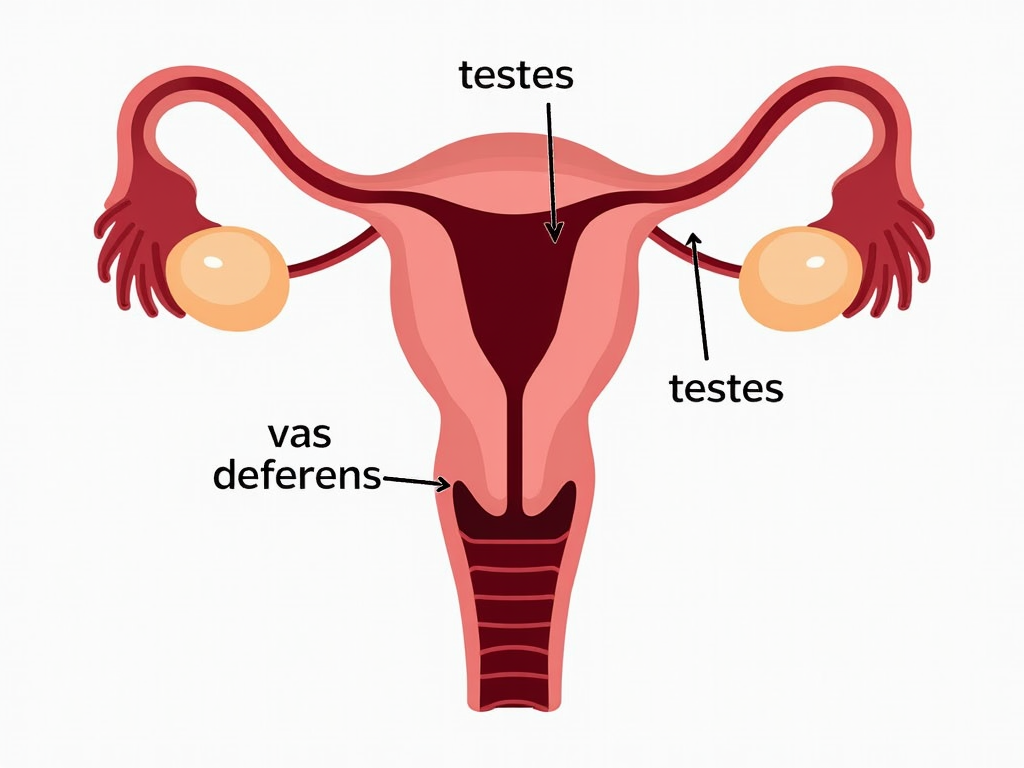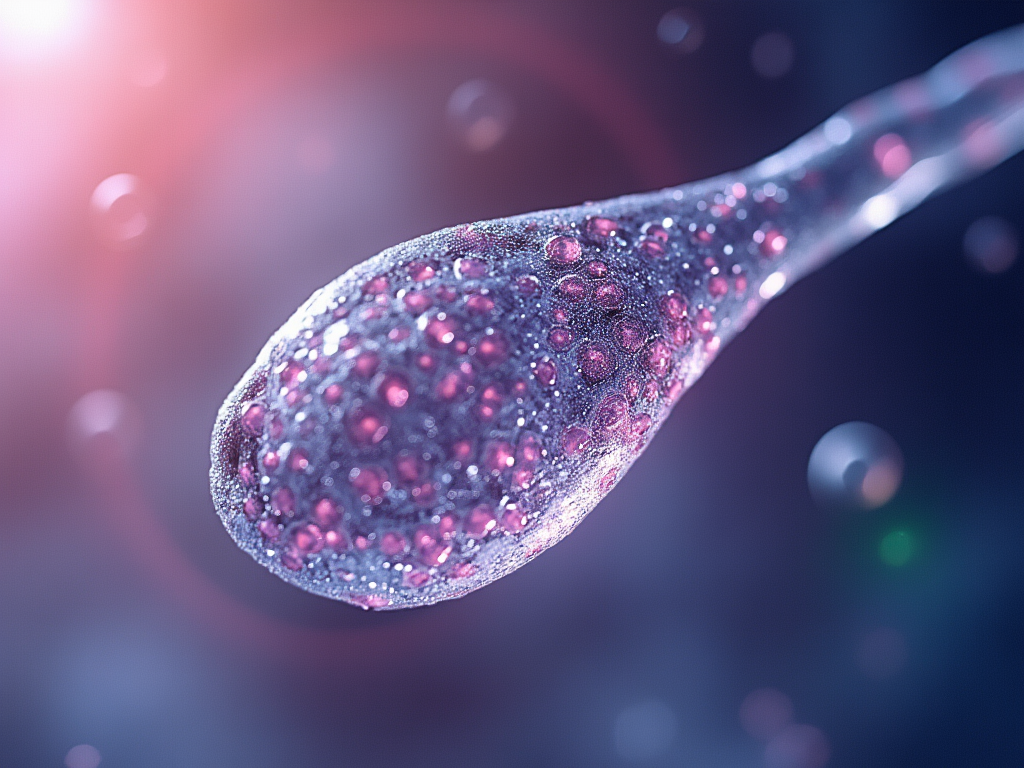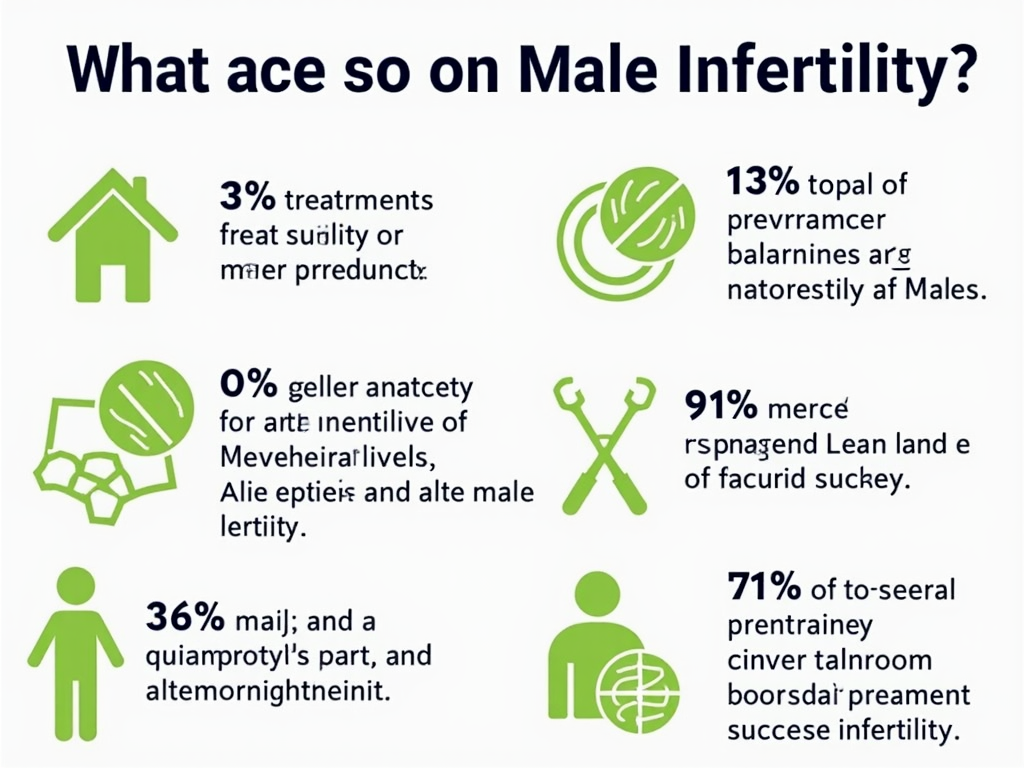Understanding Male Infertility: Causes and Solutions
May 18, 2025, 7:23 a.m.
Overview
Male infertility is a complex issue affecting millions of couples worldwide. It can stem from various causes, including genetic factors, lifestyle choices, and medical conditions. Fortunately, advancements in medical science offer hope through treatments like sperm retrieval techniques for conditions such as azoospermia. This article delves into the causes of male infertility and explores effective solutions to help couples achieve their dream of parenthood.

What is Male Infertility?
Male infertility refers to a man's inability to cause pregnancy in a fertile female. It accounts for about 40-50% of all infertility cases. The primary indicator is the inability to conceive after one year of unprotected intercourse. However, infertility can also be diagnosed through semen analysis, which assesses sperm count, motility, and morphology.
Causes of Male Infertility
Understanding the root causes of male infertility is crucial for effective treatment. Here are some common factors:
- Genetic Factors: Chromosomal abnormalities, such as Klinefelter syndrome, can affect sperm production.
- Lifestyle Choices: Smoking, excessive alcohol consumption, and drug use can impair sperm quality.
- Medical Conditions: Varicocele, infections, and hormonal imbalances can disrupt sperm production.
- Environmental Influences: Exposure to toxins, radiation, or excessive heat can damage sperm.

Azoospermia: A Closer Look
Azoospermia is a condition where there is no sperm in the ejaculate. It can be obstructive, where sperm production is normal but blocked, or non-obstructive, where sperm production is impaired. According to the National Institutes of Health (NIH), azoospermia affects about 1% of the male population and 10-15% of infertile men.
Sperm Retrieval Techniques
For men with azoospermia, sperm retrieval techniques offer a chance to father a child. These include:
- Testicular Sperm Extraction (TESE): Sperm are extracted directly from the testicles.
- Microsurgical Epididymal Sperm Aspiration (MESA): Sperm are retrieved from the epididymis using a microscope.
These techniques are often used in conjunction with assisted reproductive technologies like in vitro fertilization (IVF).

Personal Insights: Navigating Male Infertility
John, a 35-year-old engineer, shares his journey: "When my wife and I struggled to conceive, I never thought the issue could be with me. After being diagnosed with azoospermia, I felt devastated. However, learning about sperm retrieval techniques gave us hope. We opted for TESE and IVF, and today, we have a beautiful daughter. It's important for men to know they're not alone and that there are solutions."
Solutions and Treatments
Addressing male infertility involves a multi-faceted approach:
- Lifestyle Changes: Quitting smoking, reducing alcohol intake, and maintaining a healthy weight can improve sperm quality.
- Medical Treatments: Medications can address hormonal imbalances, while surgery can correct issues like varicocele.
- Assisted Reproductive Technologies: Techniques like IVF and intracytoplasmic sperm injection (ICSI) can help overcome severe infertility.

The Role of Genetics
Genetic testing can identify underlying causes of infertility, such as Y-chromosome microdeletions. The American Society for Reproductive Medicine (ASRM) recommends genetic counseling for couples with unexplained infertility or recurrent pregnancy loss.
Emotional and Psychological Support
Infertility can take a toll on mental health. Support groups and counseling can provide emotional relief. As Sarah, a counselor, notes, "Couples often feel isolated. Sharing experiences with others facing similar challenges can be incredibly healing."

Advancements in Male Infertility Treatments
Recent advancements include the use of stem cells to generate sperm and the development of non-invasive diagnostic tools. These innovations hold promise for future treatments, potentially offering new hope to couples struggling with infertility.
Summary
Male infertility is a multifaceted issue with various causes and solutions. From lifestyle changes to advanced medical treatments like sperm retrieval techniques for azoospermia, there are numerous paths to parenthood. Understanding the underlying causes and seeking appropriate medical advice is crucial. With ongoing research and support, many couples can overcome infertility and achieve their dream of starting a family.
